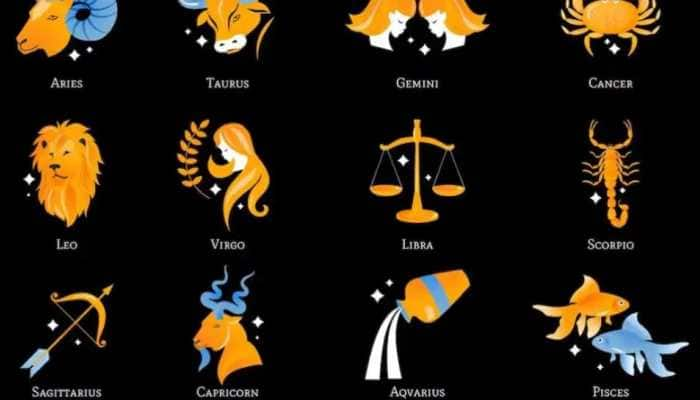Ram Vilas Paswan: Stalwart of socialist movement and Bihar's foremost Dalit leader
Born in Khagaria in 1946, Paswan was selected as a police officer but chose the calling of politics and became an MLA for the first time in 1969.
- Ram Vilas Paswan was a distinguished parliamentarian, a stalwart of the socialist movement and Bihar's foremost Dalit leader with following across the country.
- He died at the age of 74, his son Chirag Paswan said.
- Ram Vilas Paswan was instrumental in the implementation of the Mandal Commission report in the 1990s.
Trending Photos
A distinguished parliamentarian, a stalwart of the socialist movement and Bihar's foremost Dalit leader with following across the country, Union Minister Ram Vilas Paswan died on Thursday at the age of 74, his son Chirag Paswan said. Ram Vilas Paswan was instrumental in the implementation of the Mandal Commission report in the 1990s.
READ | Miss you Papa: Chirag Paswan's heartfelt note after demise of father Ram Vilas Paswan
The Lok Janshakti Party founder and Minister for Consumer Affairs, Food and Public Distribution was admitted to a private hospital here for several weeks and had recently undergone a heart operation. "Papa, you are no more in this world but I know you are with me wherever you are. Miss you papa," Chirag, who now heads the LJP, tweeted.
READ | Union Minister and LJP leader Ram Vilas Paswan no more, says son Chirag Paswan
Born in Khagaria in 1946, Paswan was selected as a police officer but chose the calling of politics and became an MLA for the first time in 1969 on a Samyukta Socialist Party ticket. He was elected to Lok Sabha eight times and also held the record of winning his constituency, Hajipur, with the highest margin for several years.
In 1975, when an emergency was proclaimed in India, Paswan was arrested and spent the entire period in jail. On being released in 1977, he became a member of the Janata Party and won election to Parliament for the first time on its ticket, and he held the world record for winning the election by highest margin.
READ | I have lost a friend, valued colleague, says PM Narendra Modi on Ram Vilas Paswan's death
In 2000, Paswan broke from the Janata Dal, to form the Lok Janshakti Party (LJP). Following the 2004 Lok Sabha elections, Paswan joined the United Progressive Alliance government and was made the Union Minister in Ministry of Chemicals and Fertilizers and Ministry of Steel.
In the February 2005 Bihar state election, Paswan's party LJP along with the Congress contested the election. The result was that no particular party or alliance could form a government by itself. In the November 2005 Bihar state elections, Paswan's third-alliance was utterly devastated; the Laloo Yadav-Congress alliance reduced to a minority and the NDA formed the new government.
For the 2009 general election, Paswan forged an alliance with Lalu Prasad Yadav and his Rashtriya Janata Dal. The duo was later joined by Mulayam Singh's Samajwadi Party and was declared the Fourth Front. Paswan lost the elections from Hajipur and his party the Lok Janshakti Party was not able to win any seats in the 15th Lok Sabha, while his coalition partner Yadav and his party too failed to perform well and were reduced to 4 seats.
Paswan was elected as a member of 16th Lok Sabha after the 2014 general election from Hajipur constituency, while his son Chirag Paswan won from Jamui constituency also in Bihar. Paswan was again given charge of the Ministry of Consumer Affairs, Food and Public Distribution in May 2014, which continued in second Narendra Modi ministry in 2019.
Always at the forefront of raising issues concerning the disadvantaged sections of society, he was also a skilful grassroots politician who enjoyed good equations with leaders across the spectrum, and his dedicated following in his state ensured that every national party courted him in his over five decades of career. He was a minister in central governments headed by parties of contrasting ideological persuasions, ranging from the Janata Dal to the Congress and the BJP, since 1989.
Whoever might be his ally, he took pride in describing himself as a socialist and secular politician by conviction. His demise comes days before Bihar goes to Assembly polls in three phases beginning October 28.
Stay informed on all the latest news, real-time breaking news updates, and follow all the important headlines in india news and world News on Zee News.
Live Tv







)
)
)
)
)
)
)
)
)
)
